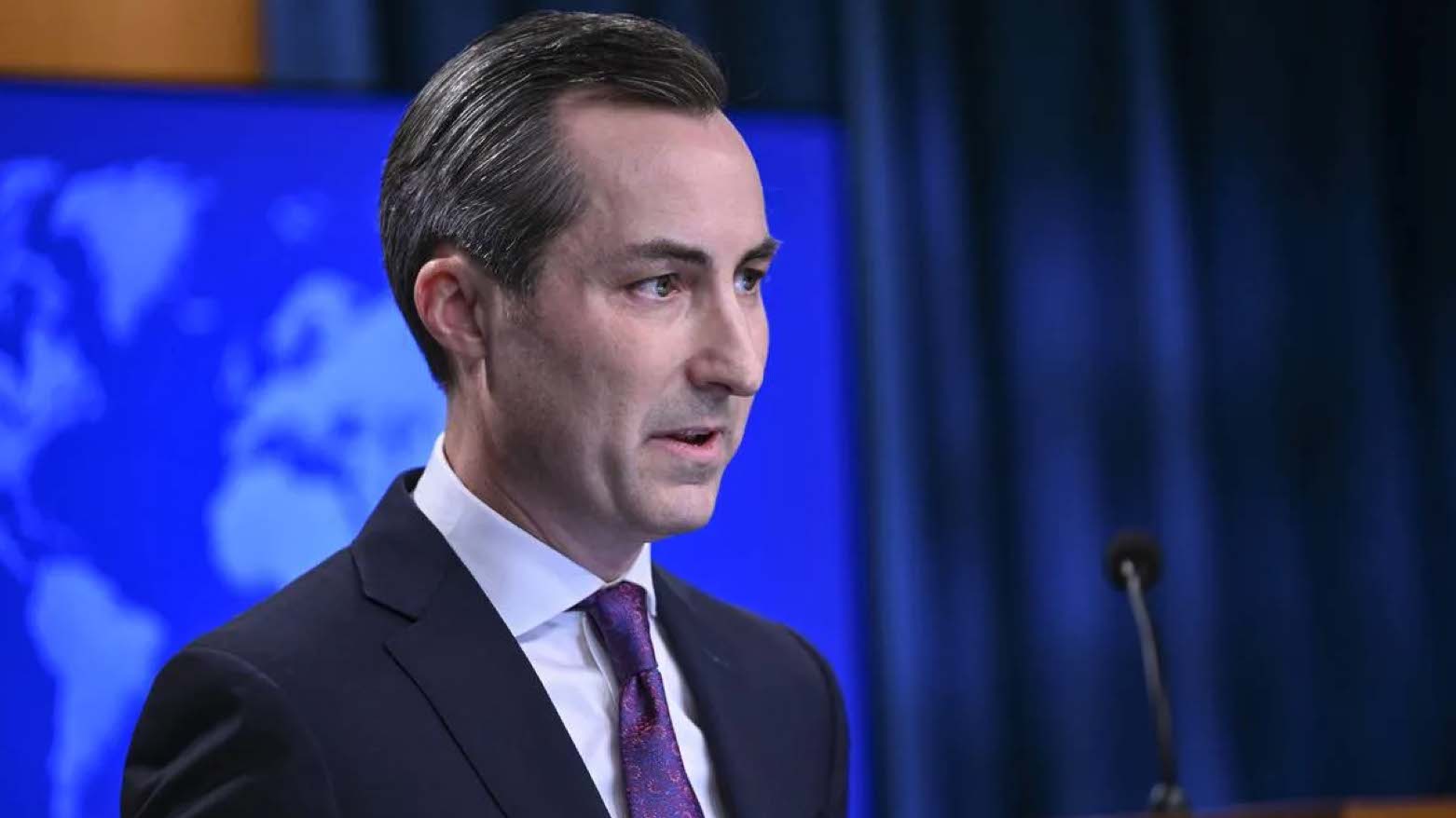Trump-era waivers allow Iraq to purchase Iranian gas: US State Dept. Spox

ERBIL (Kurdistan 24) - US State Department Secretary Matthew Miller held a press briefing on Wednesday in Washington, where he discussed sanction exemptions on Iranian gas.
“There are 20 waivers that have been issued for the payment from Iraq for Iranian electricity imports. They go back to 2018; they started during the Trump administration.”
Miller’s statement alludes to Iraq’s heavy reliance on Iran for its gas to power its electricity turbines and generators.
“In each of these waivers, it has been the case that none of this money goes to Iran. It is held in accounts that are restricted where they can only be used to pay for food, medicine, humanitarian purposes, and other non-sanctionable activities. And it has been consistent with several policies that we have – one, to try to reduce Iran’s leverage over Iraq, and two, to try to wean Iraq from Iranian energy independence.”
Miller's remarks supplement earlier reports indicating the US renewed a waiver that would free upwards of $10 billion in sanctions on Iranian gas to be paid by an endebted Iraq.
“We’ve had a number of policies we’ve worked with to try to ensure their energy independence, but in the meantime, they continue to buy Iranian electricity. And so we have in the past, as has the Trump administration, issued waivers to allow these funds to move to restricted accounts, or as I said, that can be used for humanitarian and other non-sanctionable purposes.”
The media session comes as American forces in Iraq and Syria have come under increasing attacks since October, reportedly more than 55 attacks, as a result of the outbreak of the Israel-Hamas conflict.
A variety of Iran-backed armed groups have claimed responsibility for the attacks, but the most notable is an alliance of Shia paramilitary forces branding themselves as the Islamic Resistance in Iraq (IRI), which is believed to be funded and supported by Iran’s Islamic Revolutionary Guard Corps (IRGC).
“We don’t worry about optics; we worry about reality. And the reality is that these funds, as I said, can only be used for humanitarian and other non-sanctionable purposes,” Miller added.
Locally, the Kurdistan Region’s capital was recently bombarded by several drone and missile strikes, recently at Al-Harir Air Base, attacks that were claimed by the IRI.
The IRI publishes videos of its attacks on American installations on the encrypted mobile application Telegram, which show the drones and missiles to be of Iranian origin, suggesting that the proxy groups receive military aid from Iran.
Earlier, Secretary of State Anthony Blinken visited the Iraqi premier, Mohammed Shia’ al-Sudani, in Baghdad on Nov. 5, where they mutually condemned the attacks on American installations in the country.
However, it has also put al-Sudani in a difficult position as it relates to his government’s competency in putting a stop to the attacks. The same armed groups are believed to be loosely connected to the Popular Mobilization Forces (PMF), a Shiite paramilitary coalition sponsored by the Iraqi government, with strong evidence also suggesting the group is covertly supported by Iran.
“And when it comes to holding Iran accountable for its destabilizing activities, I would remind you that we have imposed more than 400 sanctions on Iran since the outset of this administration. In the past few weeks, we have taken a number of actions to ensure deterrence and to – the Pentagon has conducted strikes against Iranian-backed militias. And we will continue to hold accountable – Iran accountable for its destabilizing [actions],” Miller concluded, while referencing US airstrikes on military depots of the proxy groups.
Iran's influence in Baghdad is such that al-Sudani visited Tehran less than 24 hours after his meeting with Blinken. The challenge for al-Sudani, thus, is whether or not he can maintain equilibrium in Iraq’s relationship with each of the two foes without damaging the other’s geopolitical interests.
